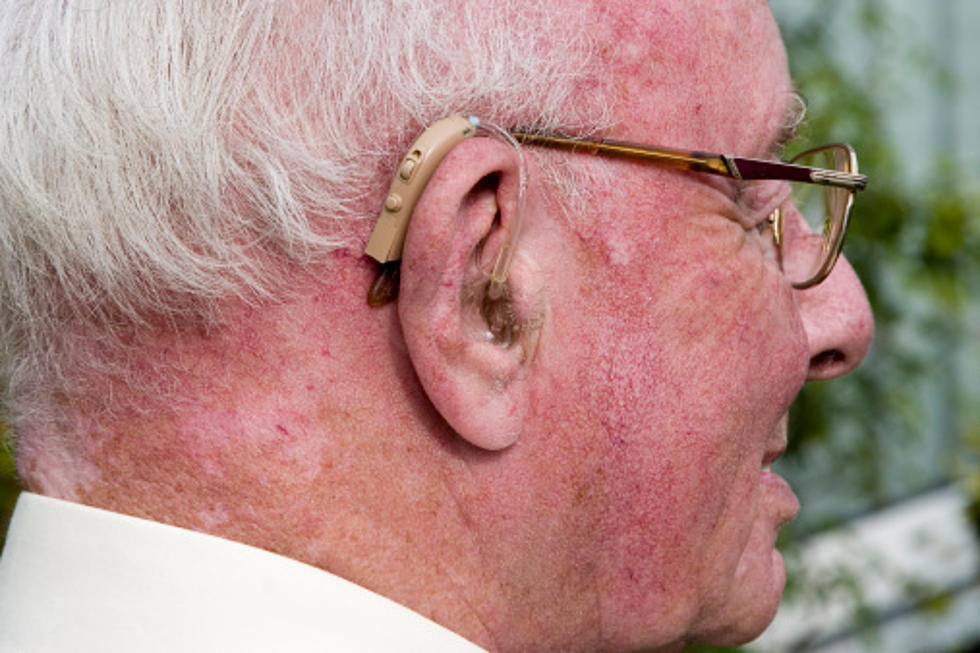
UM Joins Northwest Climate Science Center University Consortium
MISSOULA – The University of Montana has passed a rigorous scientific review to become an official university partner the U.S. Department of the Interior’s Northwest Climate Science Center, hosted by the University of Washington.
The Northwest Climate Science Center held an open competition for new partners and selected UM, along with Boise State University, Washington State University and Western Washington University. The partners collaborate with one another, as well as federal, state and tribal entities responsible for managing and protecting the land, water and natural resources of the Northwest, to develop actionable climate science.
“We’re very pleased to be part of this center,” said Tom DeLuca, dean of the W.A. Franke College of Forestry and Conservation and UM’s member of the consortium. “Our college leverages global and regional climate information for specific sectors – from local and regional partnerships with food producers to global modeling efforts. This is a great opportunity for us to help stakeholders adapt climate products to their needs through the center.”
The Northwest CSC is one of eight regional climate science centers dedicated to delivering science that helps wildlife, water, land and people adapt to a changing climate. The national network also includes two new five-year host agreements to the Southeast Climate Science Center, based in North Carolina, and the Alaska Climate Science Center, based in Anchorage.
The CSCs are deeply rooted in federal-university partnerships. Each CSC is hosted by a public university, composed of a multi-institution consortium and managed by the U.S. Geological Survey’s National Climate Change and Wildlife Science Center. These partnerships ensure access to a broad range of scientific expertise, produce high-quality science and share funds, resources and facilities. University involvement also introduces students to the idea of “co-producing” science, in which scientists and decisionmakers work closely together to ensure scientific research and products are usable and directly address real-world problems.
“We are excited to bring to the Northwest CSC the Climate Impacts Group’s model for co-producing decision-relevant science that can help sustain our region’s prized natural and cultural resources in an uncertain future,” said Amy Snover, director of the group from the University of Washington. “Our new Northwest CSC consortium will focus on helping our region better understand the changes that lie ahead and develop sound resource management strategies in light of those changes.”
Over the past seven years, the previous university consortium established a robust partner network across the region and helped to define and refine the scope and goals of the Northwest CSC.
“We look forward to collaborating across the region to build on the CSC’s strong foundation,” Snover said.
While this announcement marks the beginning of a transition period for the center, its core mission – to provide services to regional resource managers in the form of climate adaptation science, syntheses, tools development, outreach efforts and training – remains the same. A stakeholder advisory committee will continue to provide crucial input and guidance.
The center’s annual Climate Boot Camp, which provides an opportunity for students and early career professionals to improve their climate science knowledge and skills, also will remain a priority.
More information about the Northwest CSC is online HERE .









